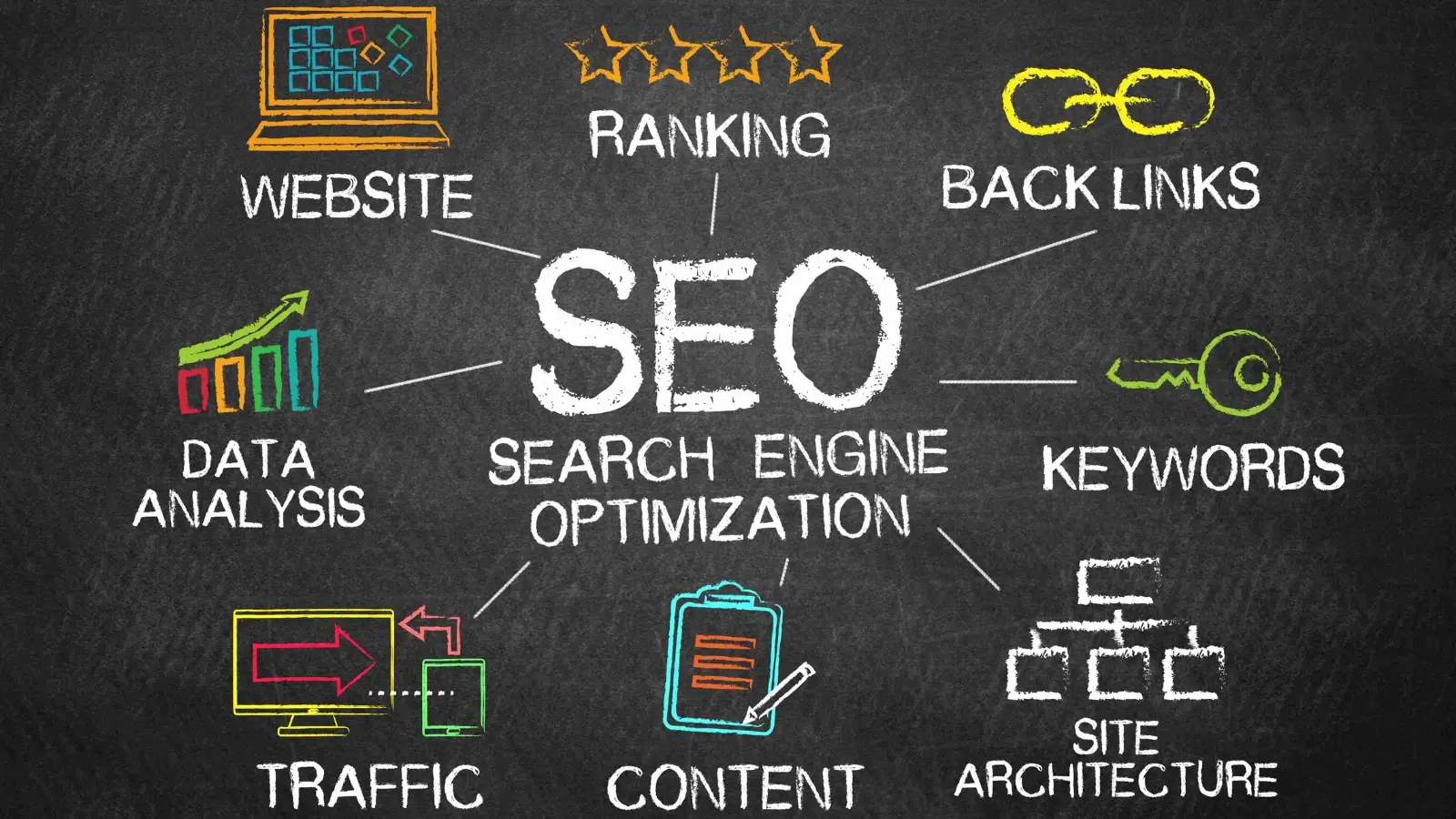For years, businesses have trusted search engine optimization (SEO) to reach a larger audience organically, improve business visibility in the search engine result pages, and drive targeted organic traffic. On-page and off-page SEO have been central to this whole process. But what exactly are these two search mechanics?
On-Page Vs Off-Page SEO
On-Page SEO is all about what you can control inside your website. On-page optimization helps set your core web vitals straight.
Off-Page SEO, on the other hand, is about what happens outside your website. For example, if you write an article and optimize it for search intent, that’s On-Page SEO. If another blogger links to your article because they loved it, that’s off-page SEO.
Scope
Everything is within your reach when it comes to on-page SEO. You own the website, so you can change anything you want. Need to add a keyword that meets search intent? It's within your reach. If you want to increase page speed, you can.
But with off-page SEO, you’re relying on other people. You can ask bloggers to link to you, but they might say no. Or someone might mention your brand without even linking to you. You have some element of influence, but that's just about it.
These two processes are central to your overall SEO workflow. If you're not entirely sure how to tie them together, you may do well to involve experts well-versed in developing SEO strategies or other such solutions.
These pros will put their years of experience behind your business and help you set up digital marketing plans that can help propel you to the top of the search engine results pages. Do your research and settle for the ones within your needs and budget.
Key Components

On-Page SEO has a few moving parts that can significantly improve your search engine rankings:
1. Content Optimization
This means making sure your words are working hard for you. For example, if you’re writing about “best pizza recipes,” sprinkle that phrase throughout your article. But also use related terms like “homemade pizza” or “pizza dough tips” to avoid keyword stuffing.
Do your target keyword research beforehand to ensure they have a good search volume and difficulty level. This can help you claim a place at the top of search engine rankings
2. Technical SEO
How's your site speed? A good Pagespeed insights tool can show you this. Is it a mobile-friendly design? Do search engines know where all your pages are?
These are technical questions you need to answer. A site with slow page loading times will turn visitors away, and Google won’t rank it well either.
3. Keyword Placement
Where you put your target keywords matters. Include them in your title, headings (H1, H2), URLs, and image alt texts. Add the meta description, too. It's the snippet under your link in search results that makes people click.
Off-Page SEO includes:
4. Backlink Building
When other websites link to yours, it's a way of telling Google that you may be on to something good in the niche. But not all external links are equal.
A link from a big, trusted site (like Forbes, the New York Times, or government websites) is way better than one from some random blog no one reads. So, do a backlink analysis before reaching out to a guest blog.
5. Social Signals
Sharing your content on social media helps, too. If lots of people tweet about your latest blog post, Google notices. It shows your content is relevant and valuable. So, add social share buttons on your site for readers to share with their networks.
6. Brand Mentions
Even if someone mentions your brand name without linking to you, it can help. Imagine a food critic writes, “This bakery makes the best chocolate chip cookies.” That’s great exposure, even if they didn’t include a link.
Impact on Rankings
These two types of SEO affect your rankings in different ways.
On-page SEO has a direct impact. When you optimize your content, Google understands what your pages are about. If you use the right keywords with search intent in your titles and headings, Google knows your page is relevant to certain searches. If your site loads fast and works well on mobile, Google rewards you with better rankings.
Off-Page SEO, on the other hand, has an indirect effect. It builds trust and authority over time. An external link from a reputable site sells you to Google's crawlers. While social shares and brand mentions show that people care about your content, even if they don’t click through.
Timeframe
On-page SEO will likely get you results faster because you’re fixing things directly on your site. For example, if you improve your site speed, you might notice fewer bounce rates within days. If you rewrite a poorly performing page with better keywords, traffic could pick up in weeks.
But Off-Page SEO might take a while. Building quality backlinks takes time. You need to build relationships, create shareable content, and earn those links naturally. You may find that a single guest post might take months to rank and drive traffic. A big-name blogger might not respond to your outreach for weeks, or ever.
Wrapping Things Up
SEO isn't SEO without the On-Page and Off-Page aspects. Both can potentially shape up your whole website's posture, so treat them with equal seriousness.
If you need expert help to do this, don't hesitate. There are many digital marketing professionals out there who can help. Do your homework and settle for those that best fit your business.
















